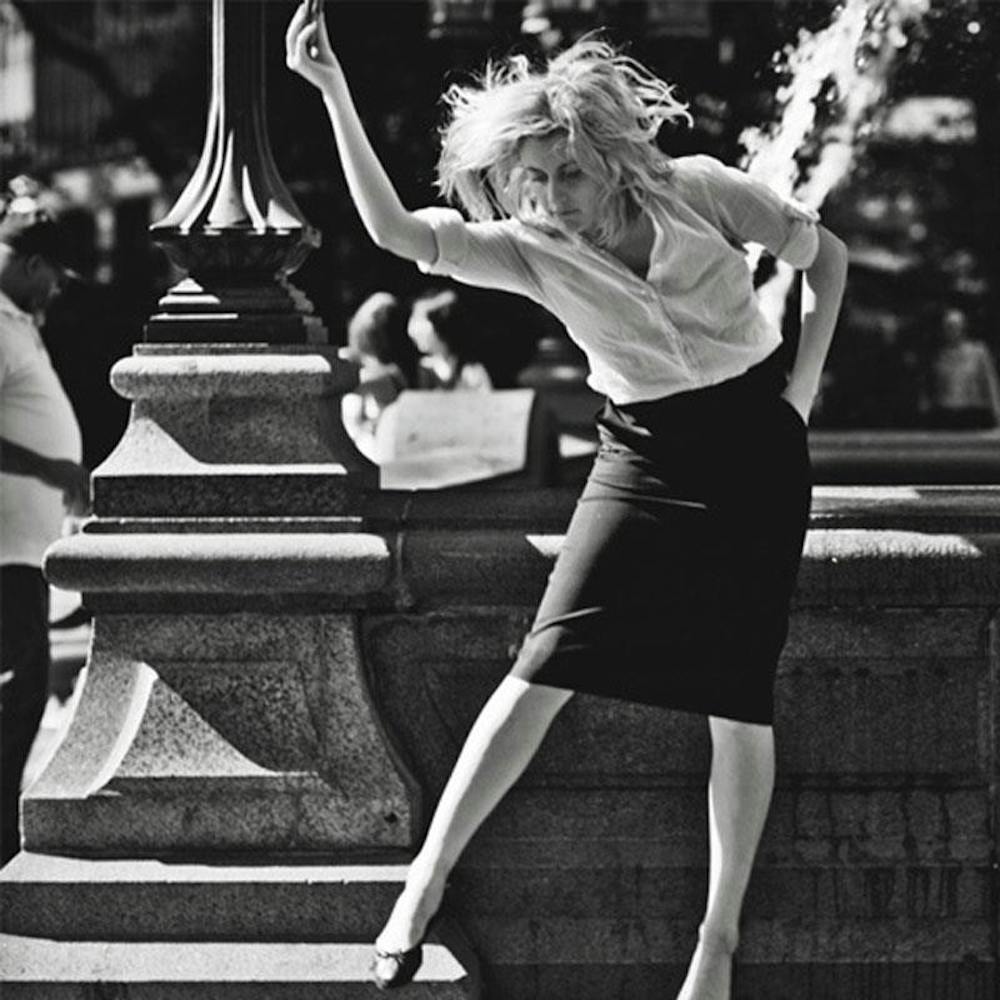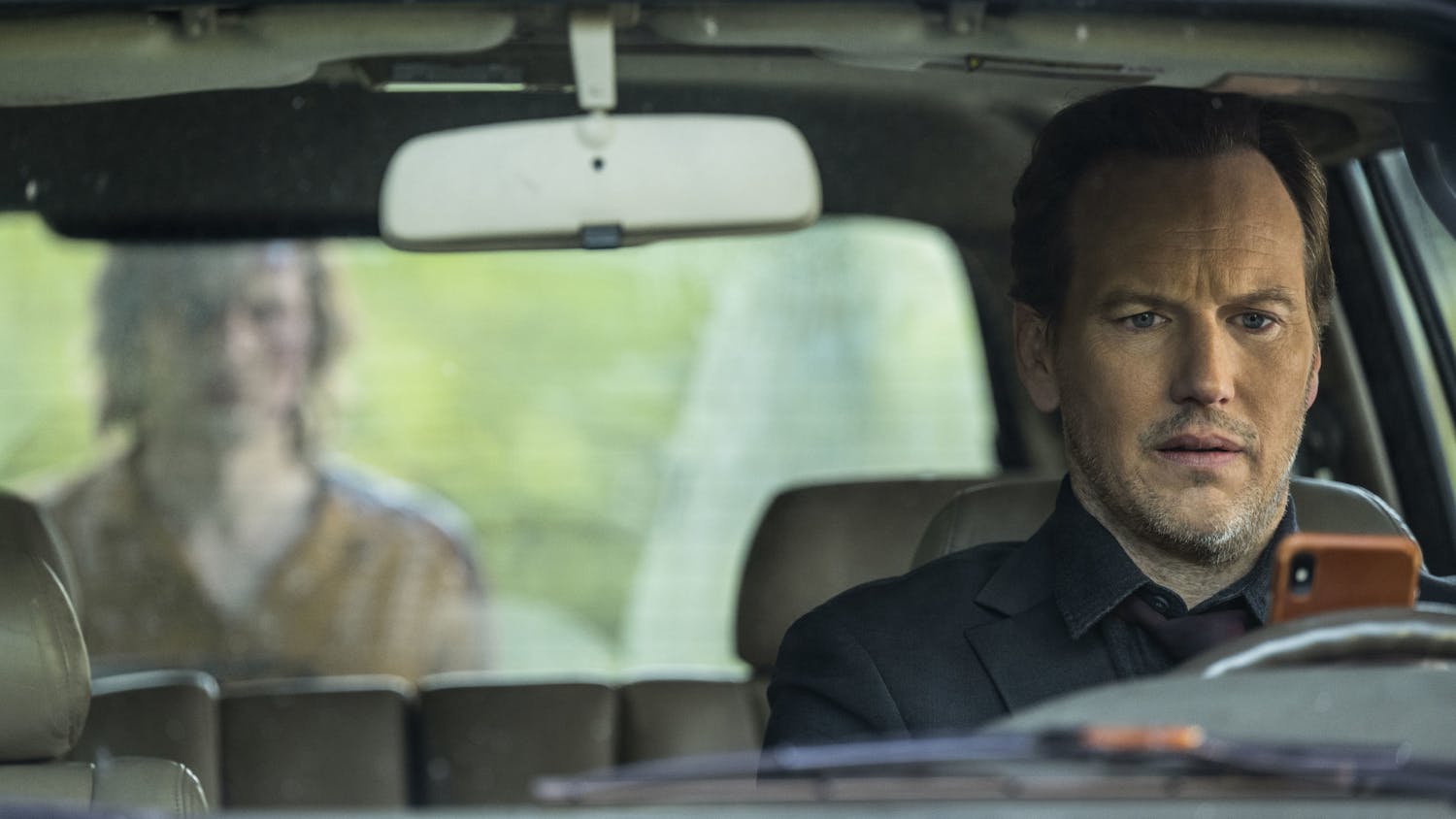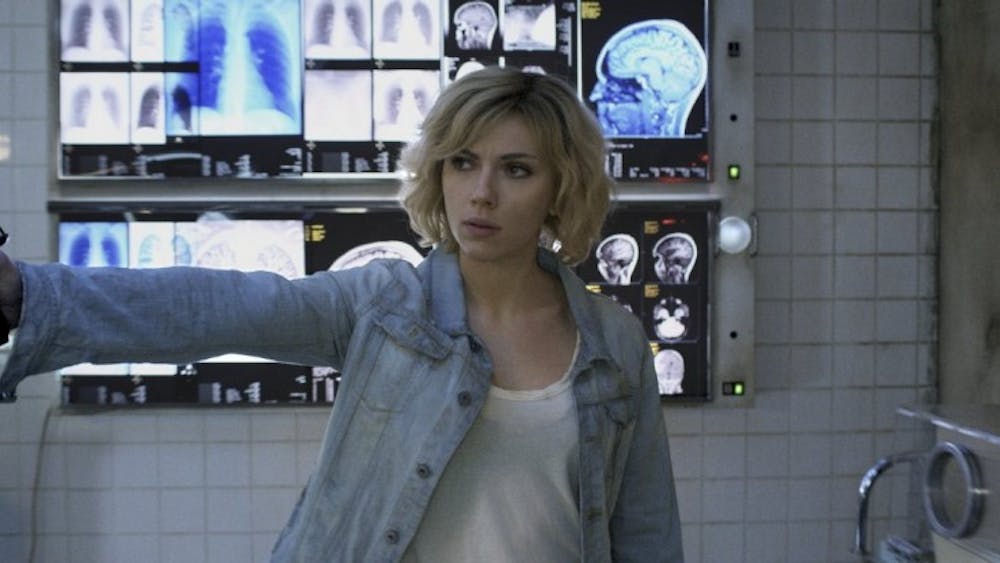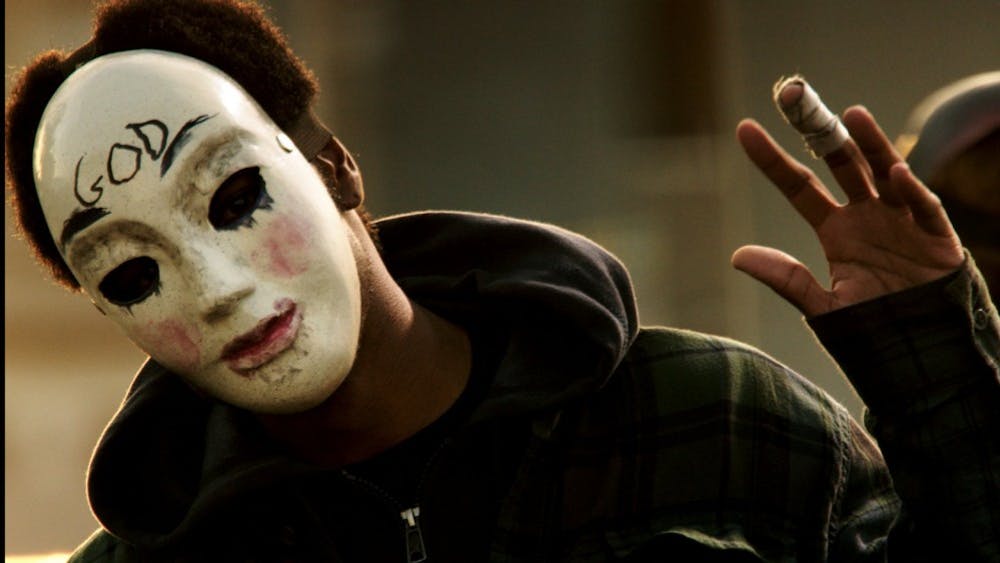So often a film is made in which the main character is so likable and exceptional it hardly matters how good the movie itself is.
Think of “Forrest Gump.” Phenomenally written and acted main character, but in all other ways a mediocre movie.
“Frances Ha” had the potential to be such a movie, featuring an outstandingly underperformed turn from Greta Gerwig, who also co-wrote the script with director/boyfriend Noah Baumbach.
Luckily, the black-and-white, bare bones production is just as whimsical and fresh as its leading lady.
Gerwig performs like the lovechild Meryl Streep and Lena Dunham would bless the world with. There’s an elusive and unguided manner in which her gaze wanders around the screen, giving the sense that she knows her attention could be elsewhere, onto the next great adventure perhaps.
She pours herself into her relationships when she knows they matter, but sputters when they don’t. Gerwig’s Frances may be a mess, but she isn’t pretending to be otherwise.
The film itself, while anchored firmly in Gerwig, possesses a sweetly palpable honesty thanks to Baumbach’s keen editorial eye and sense of pacing.
As viewers, we’re given glimpses and flashes into Frances’ everyday world, never overstaying our welcome. We’re witnesses to private moments between Frances and her best friend Sophie, a pair who comprise the most intimate relationship seen onscreen this year, romantic or otherwise.
This is Baumbach and Gerwig’s triumph. They don’t forget that romantic endeavors drive the intrigue and surprising nature of our lives, but our hearts always remain in friendships — in platonic relationships we’ve forged for years while we journey on, seeking success, love or any of the other destinations we’ve been trained to hunt down.
Baumbach shoots in gorgeous black-and-white, invoking a cinematic sense of nostalgia of a bygone era. Like in 2011’s “The Artist” or Joss Whedon’s upcoming “Much Ado About Nothing,” there’s sensuality, even sexiness at times, to black-and-white filmmaking.
We’re both thrown off by the lack of color and instantly driven further into the relationship and character dynamics. It gives “Frances Ha” a 1970s-esque Woody Allen mentality, but with 21st century roots.
It plays like a slightly stoned episode of HBO’s “Girls,” which is the furthest I can get from a criticism.
“Frances Ha” is a love story for our time, because it never loses track of the romances that require the most work and the ones that truly matter. It brings about the love we have for ourselves, despite our quirks and shortcomings, and the love we have for those who love us the most.
Refreshing woman and love story

Get stories like this in your inbox
Subscribe





